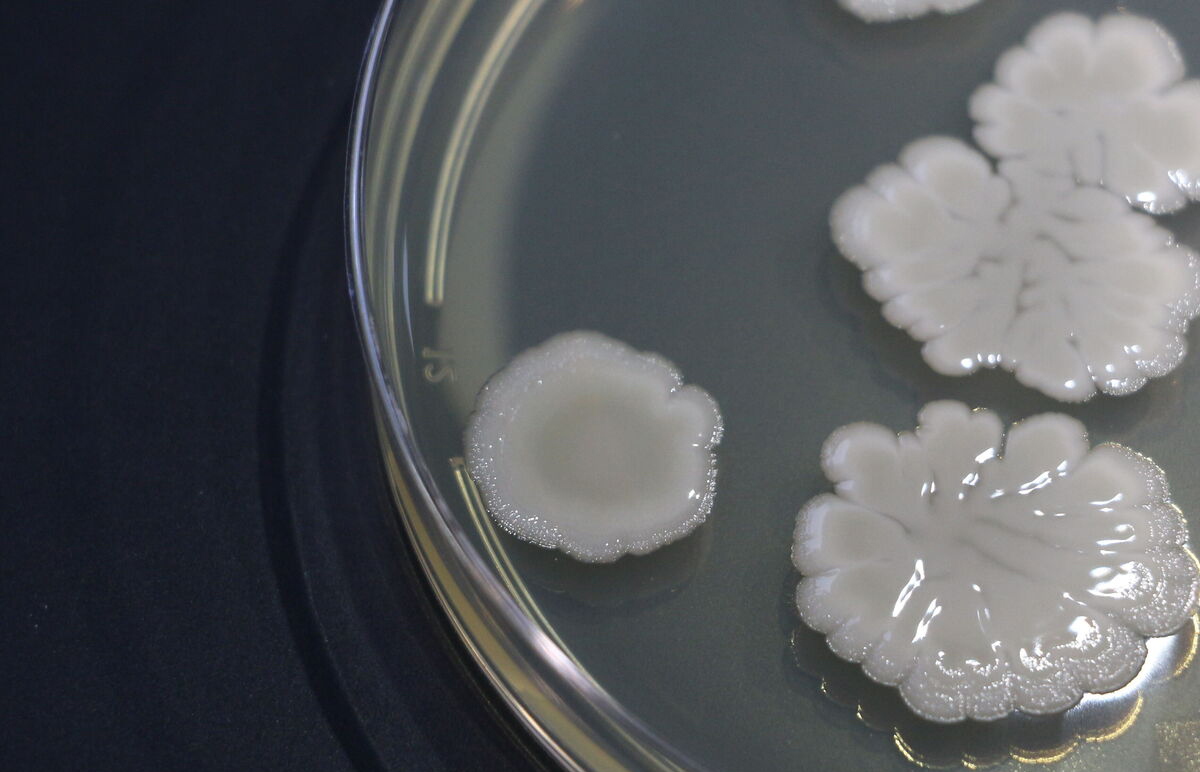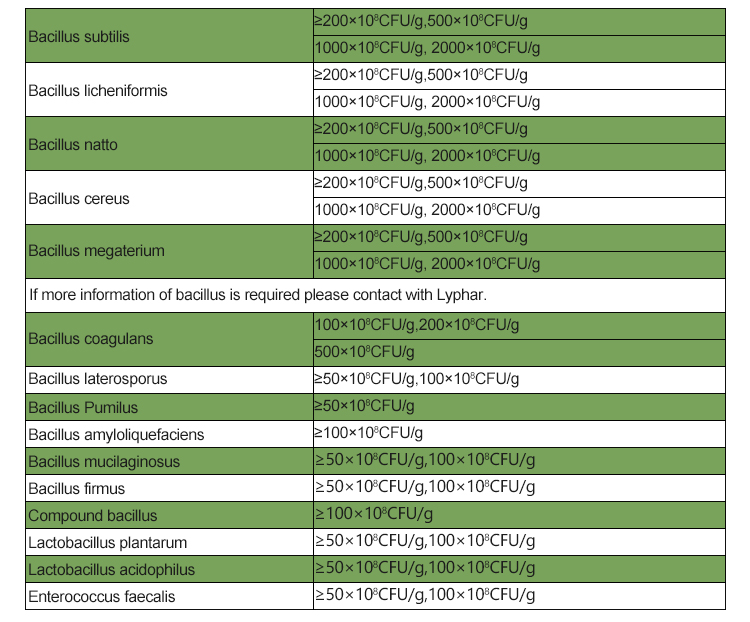Bacillus pumilus is a type of bacterium that is often used in various applications, including agriculture, biotechnology, and environmental remediation. Here’s a brief overview of its effectiveness, side effects, and special precautions:
Effectiveness of Bacillus Pumilus
- Biocontrol Agent: Bacillus pumilus is effective in controlling certain plant pathogens, making it useful in agriculture as a biocontrol agent.
- Bioremediation: It can help in the degradation of pollutants, contributing to environmental cleanup efforts.
- Probiotics: In some cases, it is used as a probiotic in animal feed, promoting gut health and enhancing growth.
Side Effects of Bacillus Pumilus
- Toxicity: Generally, Bacillus pumilus is considered safe; however, like any microbial agent, it can potentially cause infections, especially in immunocompromised individuals.
- Allergic Reactions: Some people may have allergic reactions, though this is rare.

Special Precautions of Bacillus Pumilus
- Immunocompromised Individuals: Those with weakened immune systems should avoid exposure to Bacillus pumilus, especially in environments where it may be present in high concentrations.
- Proper Use: Follow guidelines for its use in agricultural or environmental applications to minimize risks and maximize effectiveness.
- Monitoring: Monitor for any adverse reactions if used in supplements or treatments, especially in sensitive populations.
Always consult with a healthcare professional or an expert in microbiology before using any products containing Bacillus pumilus, especially for therapeutic or agricultural purposes.
Adverse effects of Bacillus Pumilus
Bacillus pumilus is a soil-dwelling bacterium often studied for its potential use in biotechnology, agriculture, and bioremediation. Generally considered safe and beneficial, it can also have adverse effects in certain contexts:
- Allergic Reactions: Some individuals may experience allergic reactions if exposed to Bacillus pumilus, particularly in occupational settings where there is significant exposure.
- Infection Risk: While rare, it can be opportunistic and may cause infections in immunocompromised individuals or those with underlying health conditions.

- Contamination: In agricultural settings, if not properly managed, it could contaminate crops or products, potentially leading to issues in food safety or quality.
- Toxicity: Certain strains might produce toxins or harmful metabolites, which can pose risks in specific environments or applications.
- Impact on Ecosystems: In large quantities, it could disrupt local microbial communities or ecosystems, especially if introduced to non-native environments.
Most adverse effects are context-dependent, and Bacillus pumilus is typically considered safe when used appropriately.
